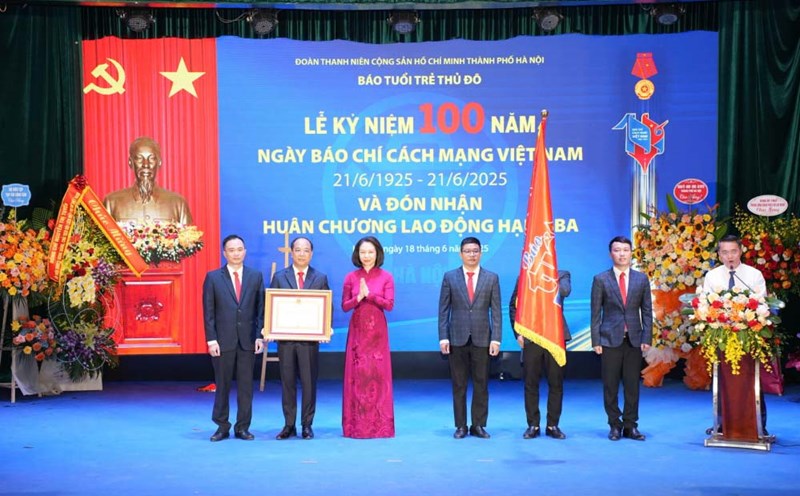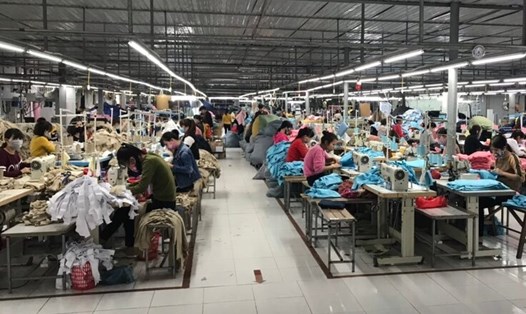The proposal to reduce normal working hours for private sector workers from 48 hours to 44 hours per week from 2026, and to 40 hours by 2030, as National Assembly delegate Pham Trong Nghia stated at the parliament on June 17, is receiving great attention from public opinion.
Currently, workers in the public sector have worked under the regime of 40 hours/week for many years, while most workers in the private sector still have to work up to 48 hours.
This difference reflects a gap in the level of enjoyment and quality of life, which cannot be extended if Vietnam wants to build a synchronous, fair and sustainable labor market.
Many businesses believe that long working hours will increase productivity, but global reality is proving the opposite.
Countries with the highest labor productivity such as Germany, France, and the Netherlands all have shortened working weeks, no more than 40 hours. The simple reason is that productivity is not measured by the number of hours, but by the efficiency in each working hour.
When workers have enough rest, time to take care of their families, regenerate their labor and develop skills, they will work more effectively and stay with the company longer.
Vietnam is entering a period of competition in labor quality, not just quantity.
We are talking a lot about " human resource strategy breakthrough", but we cannot expect to develop skills, creativity, and long-term commitment, while workers still have to work hard 6 days/week to cover their living expenses.
Therefore, reducing working hours is a way for the State and businesses to show investment in their own employees, instead of considering them simply as costs.
Of course, reducing working hours poses challenges in production organization, especially for small businesses. However, that creates positive pressure for businesses to innovate their operating models, automate, apply technology and reallocate human resources more appropriately.
This is also an opportunity to encourage the conversion of the growth model from cheap labor to skilled labor - a vital requirement when Vietnam wants to retain high-quality FDI enterprises and develop the domestic private sector sustainably.
On the other hand, when the working week is shortened, workers, especially workers, unskilled laborers... have more time to rest, study, and take care of their children.
This is not only personal rights, but also brings great social value, from public health, to family stability, to security and order in industrial parks.
Reducing working hours is an inevitable part of the economic development process and ensuring long-term social security.
When workers have enough rest and work in fair conditions, they will have more energy to contribute, and that is a solid foundation for sustainable growth.









